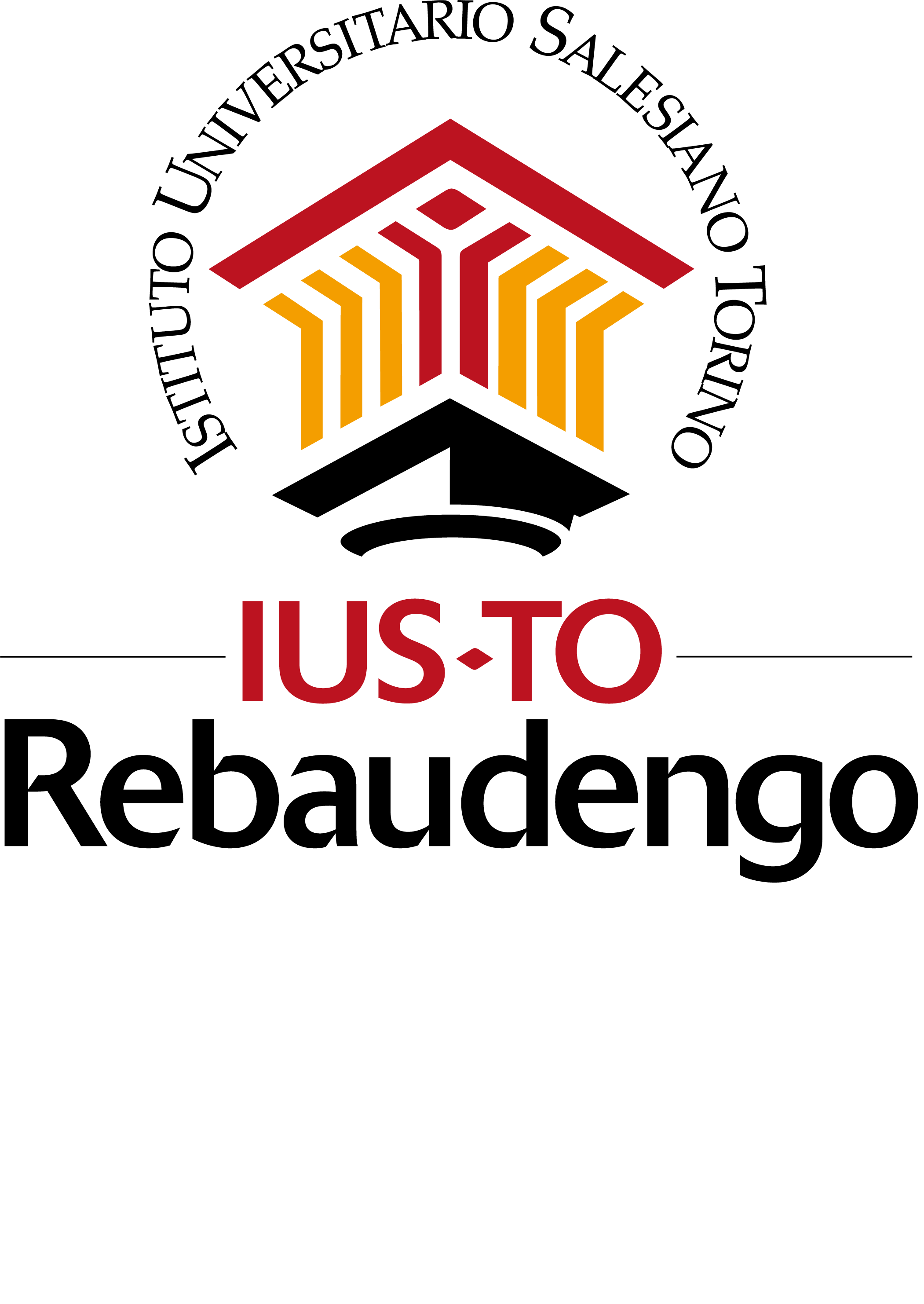Call For Paper
Requirement and guidance for submitting papers
Prepare Papers

Revise Papers

Submission
Requirements
- Families, children and youth
- Mental health
- Governance: accountability in sustaining dialogical practices
- Research: what’s up?
- New vulnerabilities new alliances
- Dialogical Approach: how to make it “a way of life” at home and at work
- Dialogical practices in training
- Coaching as dialogical practice
- The dialogical practices: Wellness for everyday life
CALL FOR PAPERS FOR WORKSHOPS
In the relation approaches the starting points and practices can be somewhat different and this enables interesting opportunities for crossing boundaries and learning. Daily challenges suggest us to introduce continuous variety and variability in our network based practices, as pathways for building hope and trust. A new quality of responsiveness is required to cope with fast changes in society as a step of experience towards new kind of human alliances.
We need to figure out different ways to generate dialogical spaces: presence in nurturing and sustaining mutual change in respecting the otherness.
Many are the dialogical practices and the fields of application and the development of these practices. These approaches are to develop a dialogic approach based on the importance and promotion network for mental health, social welfare, teaching-learning, local governance, social services, international cooperation.
Families and significant others and professionals practicing open, the other forms of dialogue, the dialogic narrative. The role of the professionals here is more a matter of being with you do to. These approaches have been inspired by the work of Mikhail Bakhtin; their theoretical principles have been developed through experience and research in a variety of networking meetings and community, with the approach of listening to the number of applications with different voices to be heard.
Many scholars and practitioners share the view that dialogical practices can be applied across a wide range of clinical and not clinical settings: in particular, they demonstrate their fruitfulness in treatments developed by multidisciplinary teams, case-management, in organizational planning, community development and social planning.
The 4th International Conference on Dialogical Practices, hosted in Turin in October 2017, has the aim to investigate the different fields of research where the dialogical practices can provide a decisive contribution in an era of complexity and interdependence, but of conflicts as well.
The focus of the conference will be the presentation of dialogical practices and research findings best positioned to promote new varieties of human alliance and that can be used to develop new working practices with families and communities.
Ready To Submit Papers?
All full paper submissions will be peer reviewed and evaluated based on originality, technical and/or research content/depth, correctness, relevance to conference, contributions, and readability. English is the official language of the conference. We welcome paper submissions. Prospective authors are invited to submit full (and original research) papers (which is NOT submitted or published or under consideration anywhere in other conferences/journal) in electronic (DOC or PDF) format.
Title and abstract: maximum 3000 characters including spaces and any references, due May 30, 2017.
Please submit abstract to the following address: gettingcloser.papers@ius.to
Papers should be prepared for blind review.

